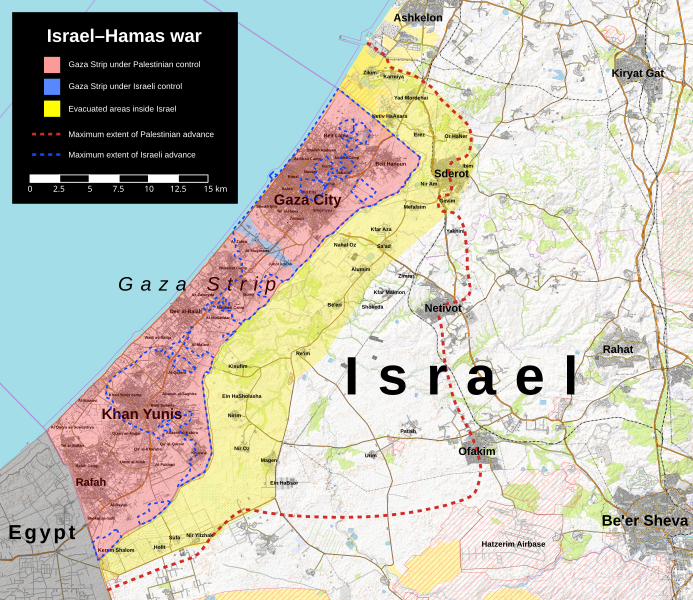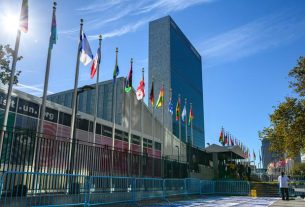Hamas has announced a delay in the further release of hostages in the Gaza Strip, citing Israel’s failure to uphold key provisions of the ceasefire agreement that has held for three weeks. This decision places the already precarious truce in serious jeopardy and raises the threat of renewed conflict between Israel and Hamas.
Ceasefire at Risk
Hamas said it would postpone the release of additional hostages “until further notice,” accusing Israel of violating the ceasefire by obstructing Palestinian movements, launching airstrikes, and hindering the entry of humanitarian aid. Israel’s military response included canceling leave for soldiers and bolstering defensive forces along the Gaza border, signaling heightened tensions and a readiness to resume operations if the situation worsens.
Hostage Exchange Under Pressure
The hostage release plan was part of a six-week ceasefire agreement that involved the release of 33 hostages from Hamas in exchange for nearly 2,000 Palestinian prisoners. Since January 19, five swaps have taken place, freeing over 750 prisoners. However, the next scheduled swap is now in jeopardy, as Hamas threatens to halt it unless Israel meets its obligations. The Israeli government remains committed to upholding the deal, with Prime Minister Benjamin Netanyahu consulting security officials on the matter.
Complicating Factors
Compounding the crisis, U.S. President Donald Trump’s controversial remarks on Gaza, including a proposal to take control of the territory, have sparked outrage among Palestinians and the broader international community. Meanwhile, Palestinian President Mahmoud Abbas has responded by ending the controversial “martyrs fund,” which paid stipends to the families of Palestinian prisoners, including those convicted of violent attacks on Israel. This move aims to improve relations with the U.S., which had previously cut aid to the Palestinian Authority over the fund’s association with violence.
Tensions and Uncertainty Ahead
With both sides now accusing each other of violations, and hostages still in captivity, the path forward remains uncertain. The next phase of the ceasefire, which calls for the return of all remaining hostages, is set to be a critical point. Without an agreement, the risk of renewed hostilities looms large, leaving both sides and the international community on edge.
As the situation unfolds, the pressure for a lasting resolution grows, with negotiators urging all parties to adhere to the fragile ceasefire in order to prevent further escalation.



